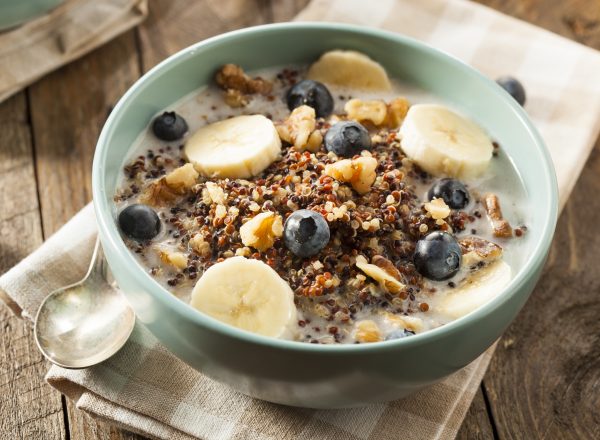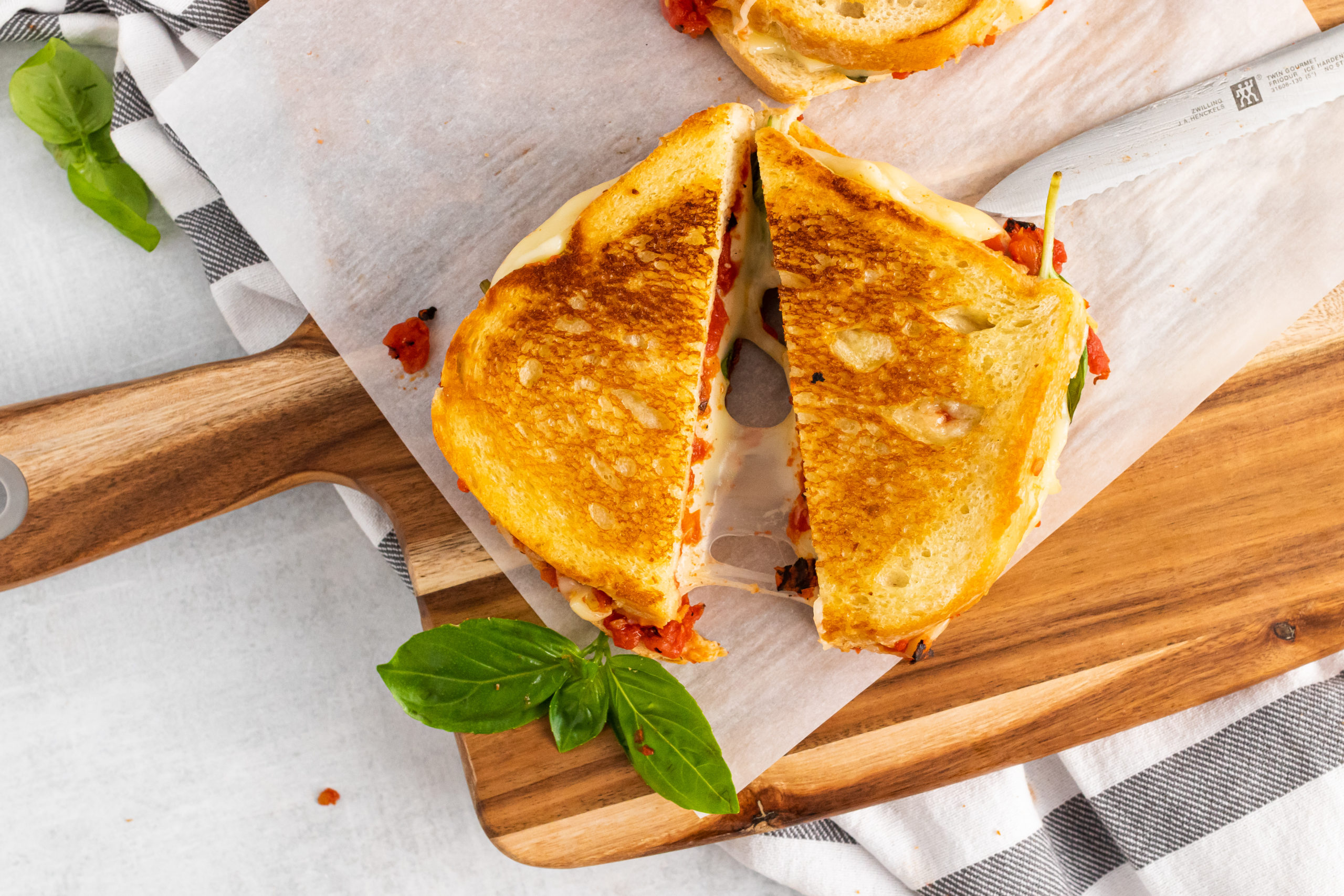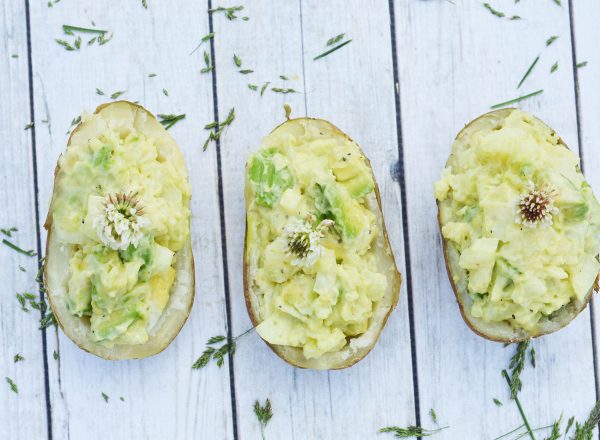No matter how often you cook for your family, sometimes you slip up and make a mistake. Whether you’re cooking a tried and true meal or testing out a new recipe, chances are, you’re going to mess up a measurement or add the wrong ingredient on occasion. But just because you slip up while you’re cooking doesn’t mean the meal is a lost cause. Instead of tossing out your dish when you make a mistake, try one of these easy ways to fix common cooking mistakes and save your meal.
How To fix Common Cooking Mistakes and Save your meal
Too Much Salt
If you were accidentally too heavy handed with the salt in your dish, there are a few easy ways to save it. One simple way to decrease the saltiness of a dish is to increase the other ingredients. Adding more vegetables, meat, or liquid to the dish will help evenly distribute the extra salt throughout the dish. And if you over-salted a pasta, bean or rice dish simply scoop out a portion of the dish into a colander and rinse it under warm water. Then, replace the rinsed portion back into the pot and stir to combine all the ingredients.
Too Spicy
Just as it’s easy to accidentally add too much salt to a dish, it’s also easy to go a little overboard on the spiciness. If your food is too spicy and peppers are the source of the heat, add a little dairy to the dish. Cream, milk, cheese, or butter quickly counteract the spiciness of a meal, making the dish a little more palatable for your family. For spiciness that doesn’t come from peppers, consider adding a pinch of sugar or a scoop of nut butter to the meal to tone down the heat.
Too Sweet
If your meal is tasting more sweet than savory, there’s an easy fix! To counteract the sweetness in a dish, add some acidity. Lemon juice or vinegar are great options for adding a little acid to a dish that’s too sweet. Salt is another simple fix to round out sweet flavors in a meal.
Lumpy Gravy
Lumps in your gravy or sauce can be very off-putting, and hard to get rid of. Instead of trying to whisk out those lumps, scoop them out of the gravy altogether. Turn off the heat and use a small strainer to remove any lumps from the mixture. Then, use an immersion blender to smooth out the remainder of the gravy or sauce.
Bitter Flavor
Some delicious seasonings, like turmeric, or greens, like spinach, can also create a bitter flavor if you use too much. If your meal is starting to taste bitter, consider adding additional fats to the recipe. Cream or butter are both great options for counteracting a bitter taste. And if adding fat to your meal isn’t a good option for you, consider adding a little sweetness instead. A small amount of sugar or honey can quickly balance out a dish that tastes bitter.
Sour Flavor
If your dish tastes sour, it’s because there is too much acid in the meal. Acidic ingredients, like tomatoes, wine, and vinegar can cause a dish to become sour if you add too much to one dish. To sweeten up your meal when it has a sour taste consider adding a small amount of sugar, honey or cream. Baking soda can also help combat too much acidity in a dish, but use this ingredient sparingly! Another easy way to reduce the sour flavor of the meal is to add more nonacidic ingredients, like extra veggies, rice or pasta.
Overcooked Pasta
Overcooked pasta can turn into a mushy mess, which isn’t exactly appetizing. But if you accidentally overcook your noodles, don’t throw them out! Remove them to a strainer and run cold water over the top. Then, heat up a frying pan with a little bit of olive oil and toss the noodles over medium heat for a few minutes to allow the exterior of the noodles to crisp up a little bit.
Under-Cooked Meat
Serving undercooked meat can be dangerous to your family, so remedying this mistake is a must! If your meat is only slightly undercooked, consider letting it rest for a few more minutes to allow it to continue to cook before slicing it. But if you have a larger cut of meat, like a roast or turkey that is underdone, slice it into smaller pieces and place it back into the oven. The smaller chunks will cut down on the cooking time, ensuring your hungry guests aren’t waiting forever for your meal to finish cooking.
Limp Fries
If you’re frying your dinner and it comes out limp and greasy, your oil isn’t hot enough. Luckily, you can save most fried food by refrying it. If your fries or chicken tenders came out limp, turn up the heat on your burner and let the oil warm up. Then, toss your ingredients back in the oil and cook until they’re golden brown.




No Comments